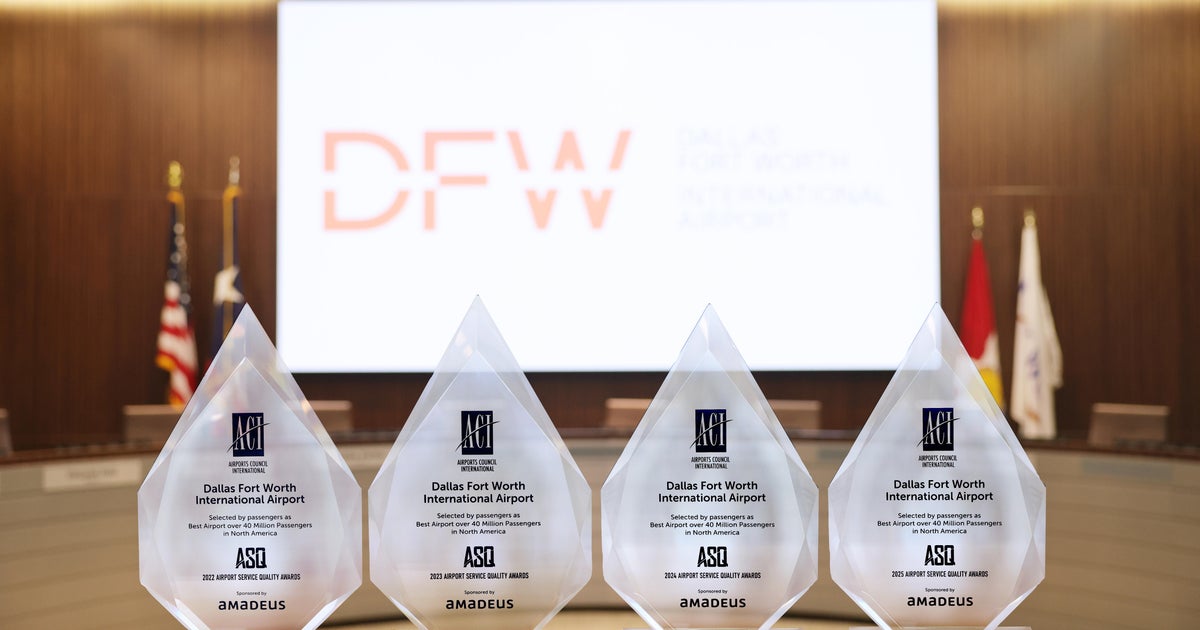Global Leaders At Fifth International Vatican Conference Working On Ways For People To Live Healthy Lives Well Past 100
NEW YORK (CBSNewYork) -- Would you want to live to 120 if you were healthy? What about preventing Type 1 diabetes before it ever strikes?
As CBS2's Dr. Max Gomez reported Thursday, both might be possible and are being worked on by scientists as described in a Vatican conference he helped organize and moderate.
This is the fifth International Vatican Conference and this year it's all virtual. For three days, more than 100 global leaders in science, faith, medicine and technology are discussing the latest breakthroughs in medicine, health care delivery and prevention, as well as the human implications and cultural impact of technological advances.
One of the high-interest sessions deals with a very active research area -- anti-aging or longevity.
"We can really achieve what we're trying to -- living healthy until 120," said Dr. Nir Barzilai of the Albert Einstein College of Medicine.
But that's not a desirable goal for many people, if 120 means poor health, disability and dementia. The good news is that for the first time science is focusing on aging as an objective, itself, so that both lifespan and health span are increased.
"If we target aging, then we delay diseases and we live healthier. And so, if we delay disease and live healthier, we'll also live longer," Barzilai said.
Researchers have identified several drugs that appear to restore some of the cellular processes of our youth. They include Metformin, Rapamycin and NAD. But until they're available as anti-aging drugs, we can mimic their effects.
"Run a little, move, lift weights, eat less often, eat the right foods, and then your body responds and fights against deterioration," said Dr. David Sinclair of Harvard Medical School.
Another exciting area of research is children's diabetes, also known as Type 1. Not just treatment, but actual prevention.
"We now have ways to be able to predict, and detect early, who may be heading in that direction, by measuring auto antibodies that are relevant to Type 1 diabetes," Sanford School of Medicine's Dr. Kurt Griffin said.
Researchers from Sanford Health and supported by the Helmsley Charitable Trust have launched The Pledge Study to identify children with these antibodies and then test ways to keep full-fledged Type 1 diabetes from developing.
"We're trying to assess if oral insulin, for example, can prevent Type 1 diabetes. Our vision is that this platform, it will go beyond Type 1 diabetes. We will be able to study other autoimmune diseases, other childhood diseases," Helmsley's Dr. Gina Agiostratidou said.
The scientific, ethical and religious insights from the conference are open to all simply by registering through the Cura Foundation. For more information, please click here.







